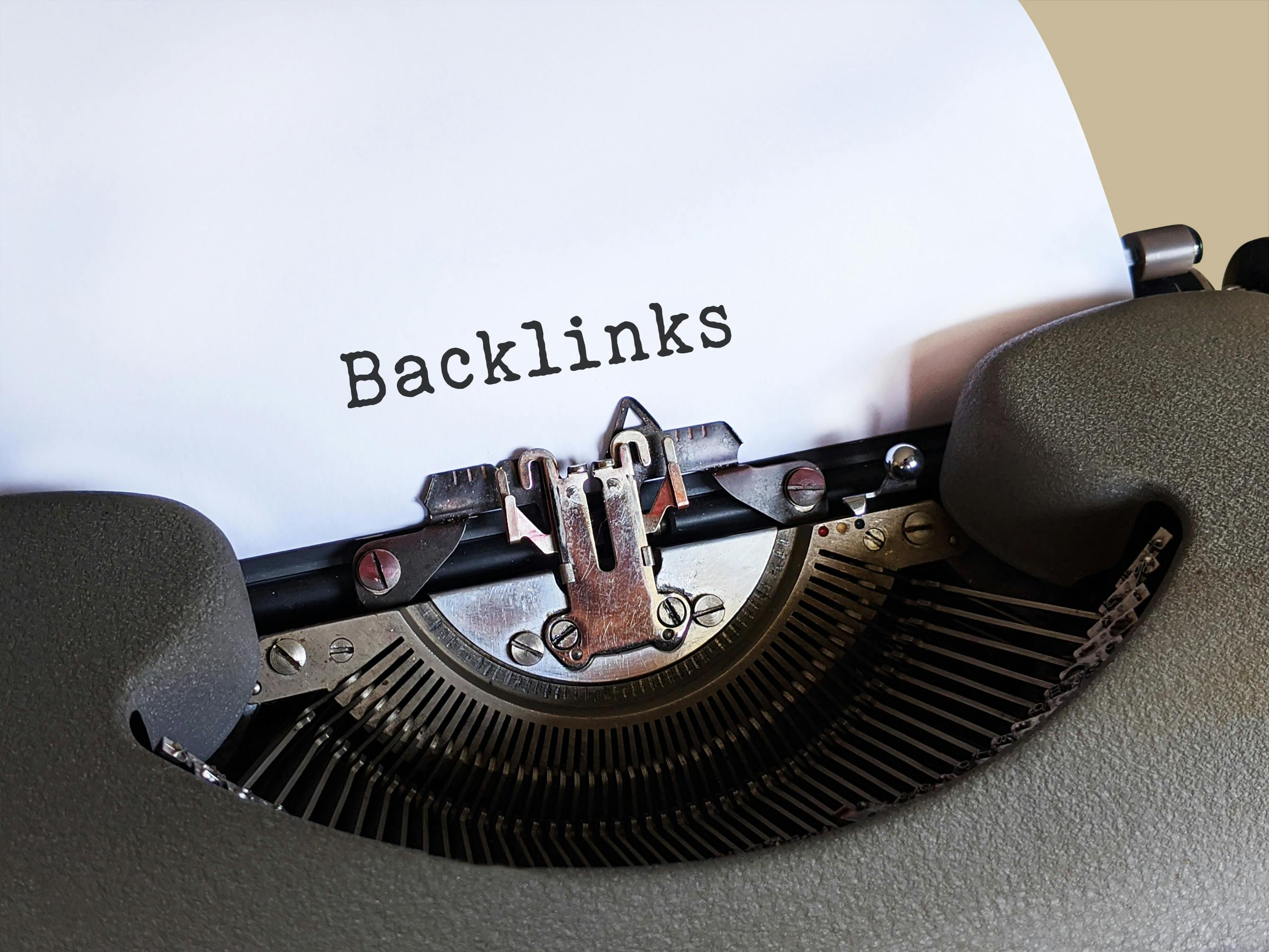Contextual backlinks to your site can be a great method to boost your search engine rankings. But before you begin with this, there are some points you should be aware of.
It can take some time and effort to discover relevant hyperlinks. But, it's worthwhile in the long run. It can bring significant benefits, such as better keyword rankings and more referral traffic.
Do
Contextual Backlinks Work?
SEO (search engine optimization) is about gaining backlinks. They help to increase organic traffic, helping your site to rank higher on Google's SERPs.
Guest blogging is the best way to get contextual links. Guest blogging is a great method to gain contextual links. It's vital to ensure that the site you're guest posting on is relevant to your business and industry.
You can also create contextual backlinks through linking campaigns that build reciprocity. This can be accomplished through email or via social media.
You should look for sites that have domains with authority with a huge user base. They tend to be more likely to link to your site and feature your business in their content.
Google uses
contextual backlinks (
Orel.Carsellers.ru) to determine one of its 200+ ranking signals to determine the rank of your website. These links help Google comprehend your site more effectively by analyzing the content, context and other elements of web pages that are linking to you.
What Are Contextual Links?
Contextual linking is a type of backlink type that helps your website rank higher in search engines. These links are more useful than traditional backlinks since they are more relevant to a specific website or subject.
Google considers that contextual links are an affirmation of the quality of your efforts. They are also a source of credibility for the linked website and the source of the link.
Natural links from high-quality websites are the best to use for linking in a context. They should be included in articles that are relevant to your company, industry, or domain.
A great way to increase the amount of traffic that your site receives and boost your ranking on search engines is to create additional contextual links. This is a fantastic method to be known as an authority in your field.
Web 2.0 Contextual Links
Web 2.0 contextual links are hyperlinks that are embedded within the text of a piece or content. These links are useful since search engines can discern the context of the content and determine their ranking accordingly.

They can be a valuable method to build quality backlinks, however they must be used correctly. These techniques should not be used too often. There is a chance that you will fall for links-building techniques that are not legal, and can harm your SEO efforts.
It's important to make high-quality links, not just a few from Web 2.0 platforms. Google will not penalize websites that use white hat links.
How to Find Contextual Links
The most valuable types of links that search engines can use are contextual links. They come from trusted sources that have relevance to the content they're pointing to.
Building relationships with authoritative domains is essential to obtain contextual links. This can be done through guest posts, interviews or other strategies for building links.
You can build an online network of top-quality websites that link back with yours using these methods. This will help you rank higher on search engines and increase the amount of traffic to your site.
Internal hyperlinks are a great way to build contextual links. These are hyperlinks to your website that lead to websites that provide useful and relevant information. This will keep your readers engaged in what you have to say and encourages them longer visits which is beneficial for SEO.